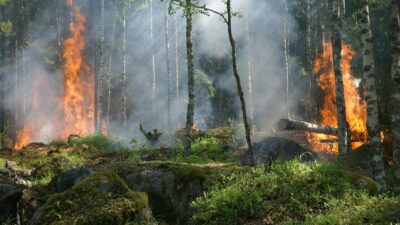
Optimisation model as a guide to burning forests to save forests
Setting fire to parts of a forest to save it might seem counterintuitive to urban communities. There is no equivalent of torching a few streets to protect a suburb. However, amongst First Nations people in Australia, hazard reduction burning is a well-established practice.
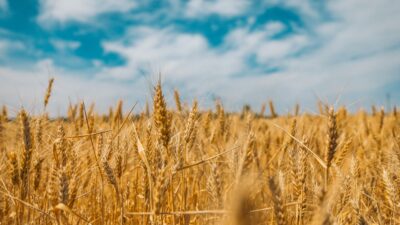
Harvest season is also peak time for conflict in rural societies
Do harvest season spikes in agricultural income and conflict in rural Africa and Asia present an opportunity to adjust peacekeeping and aid efforts?
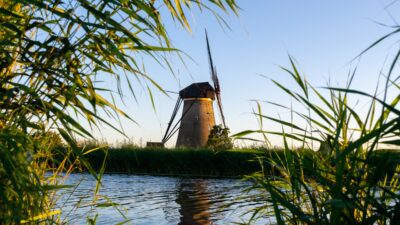
Making room for the rivers
When deciding if they should live with or fight the floods, Australia and many other countries can learn from the Netherlands.
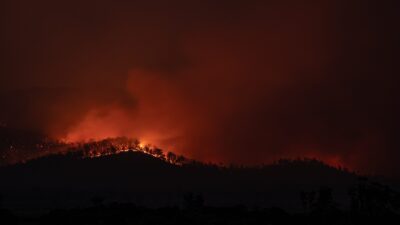
This is Australia’s most important report on the environment’s deteriorating health
Three chief authors of the State of the Environment Report provide its key findings. While it’s a sobering read, there are a few bright spots.
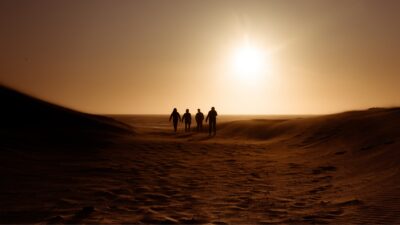
What in the world happens if we run out of sand?
The UN says current sand extraction is leading to a global crisis, so what can be done to protect this vital resource?

The future of sand
This week: the world is running out of sand. The most-exploited resource after water should be recognised as a strategic material and regulated like a mineral commodity
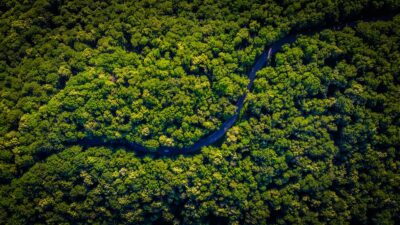
COVID-19 driving deforestation in Asia and South America
Deforestation is having a significant impact on global biodiversity.

Declining fish poo changing ocean carbon balance
While commercial fishing rates have fallen, the decline in fish stocks over time is leading to unintended consequences.
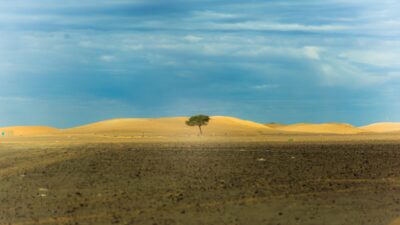
Are temperatures rising in a nonlinear way?
Recent catastrophes could indicate the climate system has crossed a dangerous threshold.
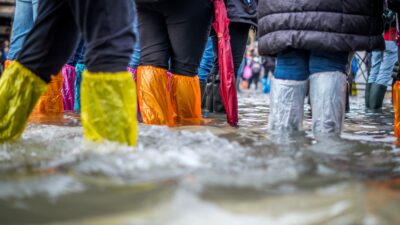
Cities are on the frontline of climate change – prepare or perish
More than 800 million people could be affected by coastal flooding, how are cities adapting?
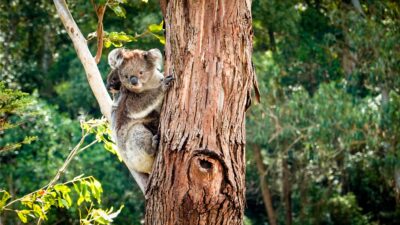
Human progress is no excuse to destroy nature. A push to make ‘ecocide’ a global crime must recognise this fundamental truth
The push for a new environmental crime has attracted high-profile backers including Emmanuel Macron, Pope Francis and Greta Thunberg. But we must get the details right.
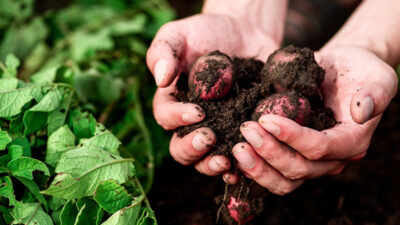
In 100 years’ time, maybe our food won’t be grown in soil
With a growing global population, perhaps it is time to start looking for alternatives.